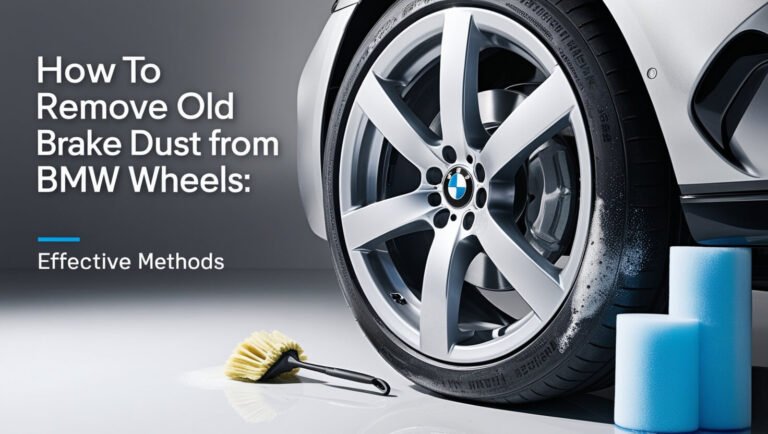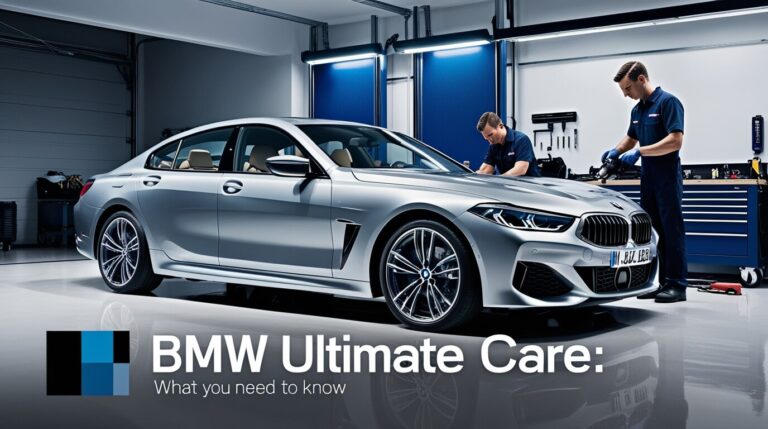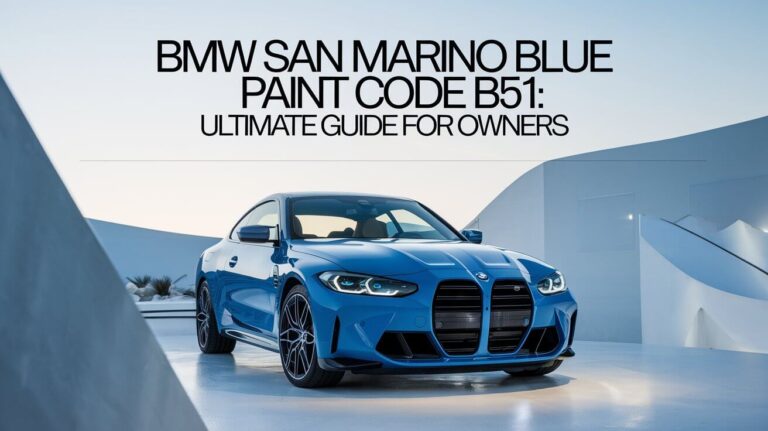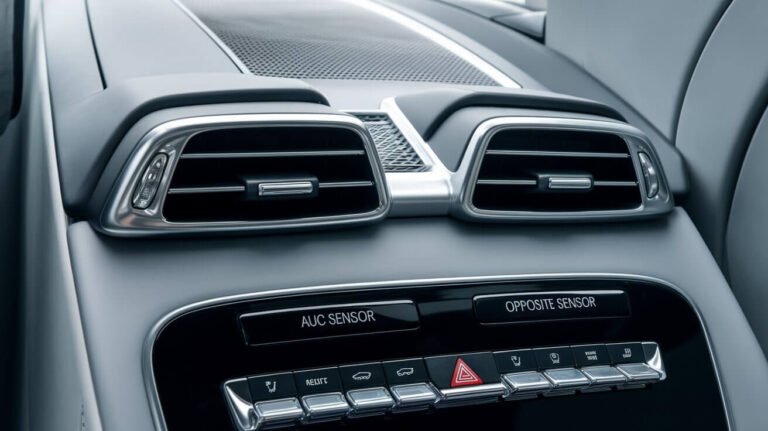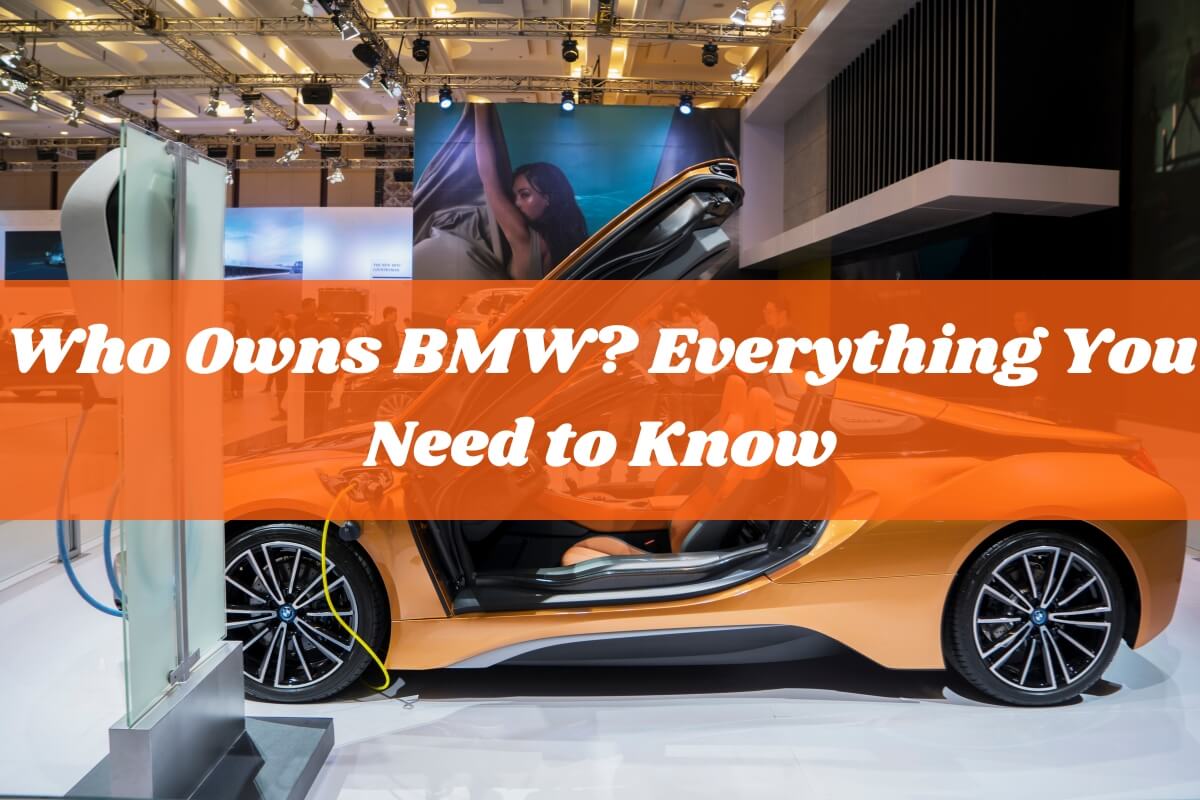
Are you curious about who owns the iconic BMW brand? In this comprehensive guide, we’ll dive deep into the ownership structure, history, and future plans of the renowned German automaker. Buckle up as we explore the fascinating world of BMW and its owners.
The short answer is that BMW is owned by the BMW Group, a company made up of shareholders. But the details behind this are quite interesting, and we’ll cover all the key points in this post.
The BMW Group: Owners and Shareholders
BMW, officially known as Bayerische Motoren Werke Aktiengesellschaft (Bavarian Motor Works), is a publicly-traded company owned by the BMW Group. The group is composed of various shareholders, both private and public.
The Quandt Family: Primary Stakeholders
The Quandt family is the primary shareholder of the BMW Group. Stefan Quandt, a German industrialist and engineer, owns 29% of the company’s shares. His sister, Susanne Klatten, a successful investor, holds an additional 21% stake.
Together, the Quandt siblings control a significant portion of BMW, thanks to their family’s long-standing involvement with the automaker.
Public Float: Publicly Traded Shares
While the Quandt family holds a substantial share, the remaining 50% of BMW is owned by public investors. This portion is known as the “public float,” which means that anyone can purchase shares of the company when they become available on the stock market.
The public ownership aspect of BMW allows individuals and institutional investors to be part-owners of the iconic brand.
BMW’s Brand Portfolio
While BMW is best known for its luxury cars, the company’s brand portfolio extends beyond its flagship nameplate. The BMW Group also owns two other prestigious automotive brands:
MINI: The Small Car Subsidiary
MINI, the quirky and stylish small car brand, has been a part of the BMW Group since 2000. Known for its distinctive design and fun driving experience, MINI caters to urban dwellers and those seeking a unique automotive experience.
Rolls-Royce: The Luxury Automotive Icon
In 1998, BMW acquired the rights to the Rolls-Royce brand name and logo for use on automobiles. Since then, Rolls-Royce Motor Cars has been a subsidiary of the BMW Group, producing some of the most opulent and prestigious vehicles in the world.
The inclusion of MINI and Rolls-Royce in the BMW Group’s portfolio allows the company to cater to a wide range of customers, from those seeking compact urban mobility to those desiring the pinnacle of luxury.
BMW’s Global Presence
While BMW’s roots are firmly planted in Bavaria, Germany, the company’s reach extends far beyond its homeland. BMW has manufacturing facilities strategically located around the globe to meet the demands of its global customer base.
Manufacturing Plants Around the World
BMW vehicles are produced in various countries, including Germany, Austria, the United Kingdom, China, and the United States. The company’s largest production facility by volume is located in Greer, South Carolina, catering to the North American market.
Other notable BMW manufacturing sites can be found in Brazil, Egypt, Indonesia, India, Italy, Malaysia, Mexico, Russia, South Africa, and Thailand.
Headquarters and Birthplace in Bavaria, Germany
While BMW’s operations are global, the company’s heart and headquarters remain in Munich, Bavaria, Germany. This region is where the brand was born and took its first steps toward becoming the automotive powerhouse it is today.
The BMW Group’s headquarters in Munich serves as the nerve center for the company’s operations, strategy, and decision-making.
The History and Origins of BMW
BMW’s journey began in the early 20th century, with origins that might surprise you. The company’s roots can be traced back to Rapp Motorenwerke, an aircraft engine manufacturer founded in 1913.
From Aircraft Engines to Automobiles
After undergoing a name change to Bayerische Motoren Werke (BMW) in 1917, the company initially focused on producing aircraft engines. It wasn’t until the 1920s that BMW ventured into the automotive realm, manufacturing its first motorcycles in 1923.
The iconic BMW 303, the company’s first self-developed car, rolled off the production line in 1933, marking a significant milestone in BMW’s transition to becoming a renowned automobile manufacturer.
Key Milestones and Product Launches
Over the decades, BMW has achieved numerous milestones and launched iconic vehicles that have cemented its reputation for performance, luxury, and innovation. From the legendary BMW 2002 in the 1960s to the groundbreaking i3 electric vehicle in 2013, the company has consistently pushed boundaries and set industry standards.
Who Makes BMW Vehicles?
While the BMW Group oversees the brand’s strategy and operations, the actual production of BMW vehicles involves a complex network of facilities and partnerships.
Production Process and Quality Control
BMW vehicles are meticulously crafted using state-of-the-art manufacturing techniques and rigorous quality control processes. From the sourcing of materials to the assembly line and final inspections, every step is designed to ensure that each BMW meets the brand’s exacting standards.
Partnerships and Collaborations
In addition to its in-house production capabilities, BMW collaborates with various partners and suppliers to bring its vehicles to life. These partnerships range from collaborations with technology companies for cutting-edge features to joint ventures with other automakers for specific projects.
BMW’s willingness to collaborate and leverage external expertise allows the company to stay at the forefront of innovation while maintaining its core values and identity.
BMW’s Future Plans and Strategies
As the automotive industry evolves, BMW is actively positioning itself for the future, embracing new technologies and sustainable practices.
Electric Vehicles and Sustainable Mobility
BMW recognizes the importance of sustainable mobility and has made significant strides in the development of electric vehicles (EVs). The company’s “i” sub-brand, which includes models like the i3 and i8, represents its commitment to electrification and reducing emissions.
Looking ahead, BMW aims to expand its EV lineup and invest heavily in sustainable practices throughout its operations, from manufacturing to recycling.
Autonomous Driving and Advanced Technologies
Another key focus area for BMW is autonomous driving and advanced driver assistance systems (ADAS). The company is actively researching and developing technologies that will enable safer, more convenient, and more efficient driving experiences.
From self-parking capabilities to fully autonomous driving modes, BMW is striving to stay at the forefront of this rapidly evolving field.
Buying a BMW: What You Should Know
For those considering becoming a BMW owner, it’s important to understand the various options and factors involved in the purchasing process.
New and Pre-Owned Options
BMW offers a wide range of new vehicle models, from compact cars to luxury SUVs and high-performance sports cars. However, for those seeking a more budget-friendly option, BMW also has a certified pre-owned program that provides peace of mind when buying a used BMW.
Financing and Ownership Costs
While BMWs are known for their premium quality and performance, they also come with a higher price tag compared to mainstream vehicles. Prospective buyers should carefully consider financing options, insurance costs, and ongoing maintenance expenses to ensure a BMW fits within their budget.
Working with BMW dealerships and exploring financing alternatives can help make the dream of BMW ownership a reality.
In conclusion, BMW is a brand with a rich history, global reach, and a commitment to innovation and performance. While ultimately owned by the BMW Group and its shareholders, the brand’s success is a testament to its dedication to crafting exceptional vehicles that captivate drivers worldwide.
Whether you’re drawn to BMW for its luxury, performance, or cutting-edge technology, understanding the ownership structure and future plans of this iconic automaker can provide valuable insights for prospective owners and enthusiasts alike. So, the next time someone asks, “who owns BMW?” you’ll have a comprehensive answer at your fingertips.

